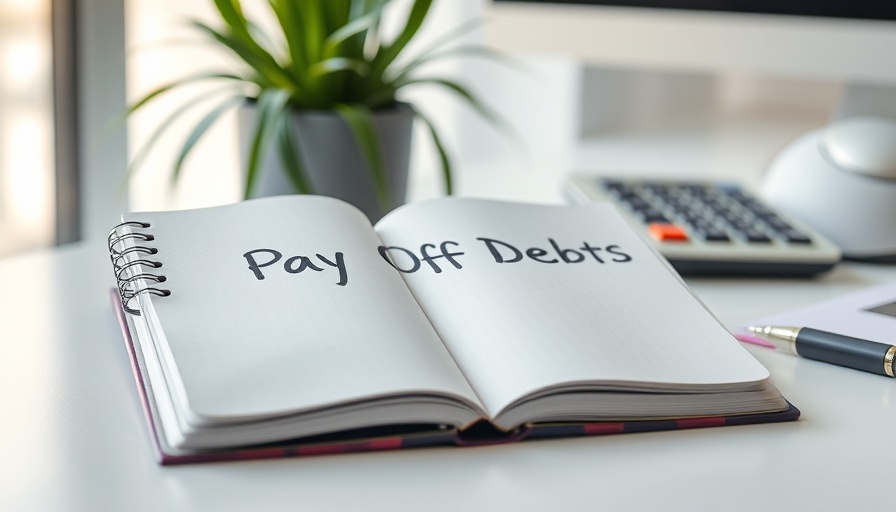
Understanding Your Debt: The First Step to Freedom
Before you can start paying off your debts, it’s essential to understand what you owe. Begin by making a detailed list of all your debts, including credit cards, student loans, personal loans, and any other financial obligations. This list should include the total amount owed, interest rates, and minimum monthly payments. By gathering this information, you can better assess your situation and create a personalized repayment strategy.
Create a Budget that Works for You
A well-thought-out budget is pivotal in managing debt effectively. With a proper budget, you’ll be able to track your income and expenses, allowing you to allocate more funds towards your debt repayment. A popular budgeting approach is the 50/30/20 rule, which designates 50% of your income to essentials, 30% to discretionary spending, and 20% to savings and debt repayment. Try to identify areas in your spending that can be reduced. For instance, consider limiting dining out or other non-essential purchases to free up cash for debt payments.
Choose a Debt Repayment Strategy
Once you have a clear understanding of your financial landscape and a solid budget in place, the next step is choosing a debt repayment strategy that fits your style. The debt snowball method focuses on paying off the smallest debts first, providing quick wins that can motivate you. On the other hand, the debt avalanche method prioritizes paying off debts with the highest interest rates, saving you money in the long run. These strategies can be highly effective depending on your personality and financial goals.
Explore Debt Consolidation Options
If you're feeling overwhelmed by multiple debts, consider debt consolidation. This method involves turning your various debts into a single loan with a potentially lower interest rate. This can simplify monthly payments and often lower your overall debt burden. Look into options such as balance transfer credit cards or personal loans that can help consolidate your debts.
Utilize Technology for Better Debt Management
In today's digital age, several debt management apps can assist you in tracking your spending, setting up budgets, and reminding you of payment deadlines. These tools can help you stay organized and ensure that you stick to your financial goals. Some of the popular apps even offer features for community support, where you can connect with others on similar debt-reduction journeys.
Find Ways to Increase Your Income
To expedite your debt repayment process, consider exploring opportunities to increase your income. This might include taking on a part-time job, starting a side hustle, or selling items you no longer need. Many people discover that tapping into talents or hobbies can yield additional income that directly contributes to their debt repayments.
Understanding the Emotional Toll of Debt
It’s crucial to recognize that debt can have a significant impact on one’s mental health. The stress associated with financial burdens can affect every aspect of life, including your relationships and overall well-being. As you embark on your journey to becoming debt-free, prioritize self-care during challenging periods and don’t hesitate to seek professional psychological support if needed. There are financial counseling services available that can help you not only with your debt but also address the emotional aspects associated with it.
The Importance of Staying Motivated
Throughout your debt repayment journey, maintaining your motivation is crucial. Celebrate small victories along the way, whether it’s paying off a single credit card or significantly reducing your overall balances. Consider setting up a visual tracker or joining a support group for accountability with others who share your goals.
Taking the Next Steps Toward a Debt-Free Future
Once you've tackled your debts and are on the road to recovery, consider establishing an emergency fund to prevent future debt accumulation. Regularly review and adjust your budget as your financial situation changes to stay on track. By implementing these strategies, you can take control of your financial health and work towards a debt-free lifestyle.
Debt doesn’t have to be an insurmountable obstacle. With a little planning and dedication, you can regain your financial independence and peace of mind.
 Add Row
Add Row  Add
Add 



Write A Comment